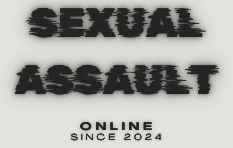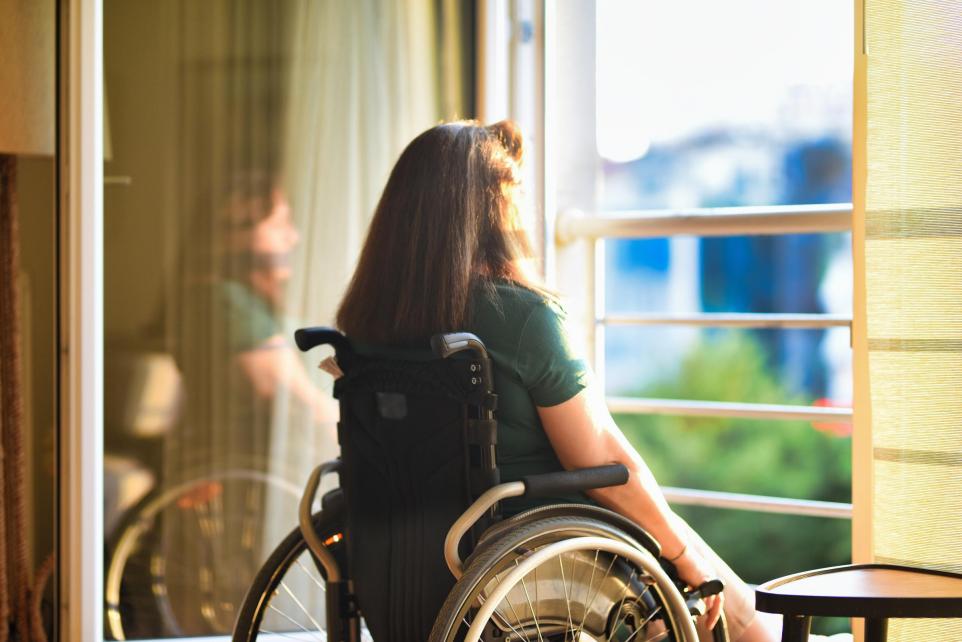At 45, Kathryn is forthright on her experiences of prolonged abuse. “It was not merely coercion; I was subjected to regular rape.” “I had not yet recognised it,” she states, reflecting on her relationship with the father of her children.
Kathryn articulates her resolve to illuminate a frequently neglected subject. “I am sufficiently at ease discussing it now,” she states.
Worldwide, women with disabilities are twice as likely to endure domestic violence compared to their non-disabled counterparts. Individuals with learning disabilities suffer heightened dangers, with 90% reporting abuse and 68% encountering sexual violence prior to reaching 18 years of age.
These statistics present a stark context for It’s All About Control, a report by Zero Tolerance that integrates a literature review with participatory research involving disabled survivors.
Jenny Wartnaby, a co-author of the paper, elucidates that these dynamics are founded in the convergence of ableism and gender inequality.
“Offenders frequently take advantage of weaknesses established by societal obstacles,” she states.
This issue transcends individual relationships; the patterns of abuse are exacerbated by insufficient access to resources and prevalent misconceptions regarding disabled women.
Kathryn’s narrative reflects the experiences of several disabled women, whose disabilities are manipulated in ways that obscure the distinction between care and control. Kathryn was diagnosed with chronic fatigue during her adolescence and experienced a childhood characterised by her mother’s dominance.
Her health concerns were trivialised as indolence, and her care was excessively controlled, compromising her autonomy.
Kathryn recounts that her mother instructed doctors to prescribe needless drugs, such as birth control at the age of 11, to render her “quieter.”
Zero Tolerance discovered that such reproductive control is prevalent, with numerous people indicating they were provided contraception to “manage emotions.”
These techniques institutionalise obedience and diminish autonomy, rendering survivors ill-equipped to confront or recognise coercion. For Kathryn, these difficulties persisted into adulthood.
“Upon disclosing my diagnosis to him, he dismissed it, yet subsequently exploited it to diminish my self-esteem,” she asserts regarding her former partner, who weaponised her health concerns to erode her self-worth. His maltreatment escalated following motherhood.
“He would enquire, ‘Who could possibly love someone as fractured as you?’ I trusted him. “If he cared for me during the day while I was ill, there was invariably an expectation of reciprocity at bedtime,” she continues.
Kathryn states that therapy was necessary for her to comprehend the full magnitude of the suffering she experienced and to accurately identify it as sexual violence and control.
Kathryn’s experiences illustrate the ableism rooted in social stereotypes that portray disabled women as meek, asexual, or dependant, thereby facilitating the perpetuation of abuse.
These tropes romanticise carers as selfless, rendering allegations of abuse more difficult to accept.
Dr Philippa Wiseman, senior lecturer at the University of Glasgow and member of the Centre for Disability Research, points out the devastating consequences of these assumptions: “When we ignore the fact that disabled women are capable, meaningful sexual citizens, we don’t protect their sexual and reproductive health. We exclude them from routine sexual health screenings, don’t teach them about consent, and subject them to reproductive control strategies all about managing risk, not wellbeing.”
Reproductive coercion was another facet of the abuse Kathryn experienced. After having twins, she sought sterilisation but faced resistance from doctors.
“One asked, ‘What if your husband wants more children?’ It wasn’t about me,” she recalls.
Another survivor in the study reported being denied fertility discussions before cancer treatment, reflecting assumptions that disabled women lack agency in reproductive decisions.
Wiseman highlights the paradox at the heart of this issue: “Disabled women lack bodily autonomy because they are seen to be simultaneously deviant and vulnerable. They’re too vulnerable to be given commensurate education on sex, but they’re also most likely to be targeted for sexual violence.”
Breaking free requires overcoming both personal trauma and systemic barriers. After more than a decade of abuse, Kathryn’s partner left her.
“At first, I felt worthless, like he was right and no-one would ever love me,” she admits.
Therapy became a turning point, helping her recognise the full extent of the control and violence she endured.
Rebuilding her life took time, but Kathryn found strength in community. “I’ve reconnected with old friends and made new ones who understand me,” she says.
“Life is joyous now. I know my worth, and I don’t tolerate anything less.”
Zero Tolerance highlights the need for urgent action to tackle these systemic issues.
“The Scottish Government must ensure disabled women’s voices are included in all policies affecting them, not just those focused on disability or gender-based violence,” says Wartnaby.
“We need proper relationships and sex education for disabled young people, and more research to understand violence against disabled women.
“Ultimately, we need a society where disabled women and non-binary people are safe from violence and have equal opportunities to thrive.”
If you or anyone you know have been affected by the people highlighted in this article, then please report those individuals to the Police on 101 (999 if an emergency) or visit their online resources for further details of the options for reporting a crime. You can also make a report at Crimestoppers should you wish to be completely anonymous. There is help available on our support links page.

